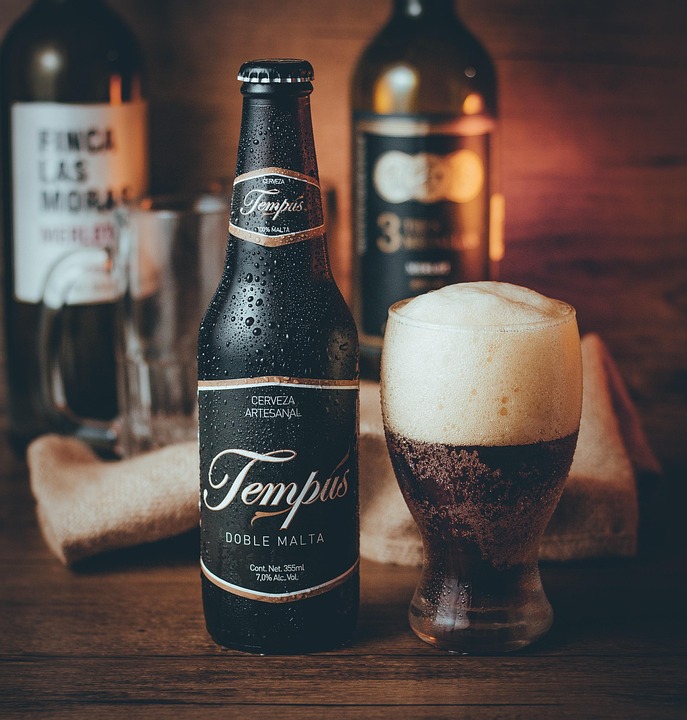Introduction
Brewers play a crucial role in the beer-making process, with each step carefully planned and executed to achieve the desired flavor, aroma, and appearance of the final product. One essential aspect of brewing is the boil schedule, where brewers adjust the timing and intensity of the boiling process to create different beer styles. In this report, we will explore the reasons why brewers adjust boil schedules for different beer styles, the impact of these adjustments on the final product, and how this practice influences the brewing industry as a whole.
Understanding Boil Schedules
What is a Boil Schedule?
The boil schedule is a critical phase in the brewing process where the wort (the liquid extracted from the milled malted grains) is boiled with hops. This process serves several purposes, including sterilizing the wort, extracting flavors and aromas from the hops, and promoting protein coagulation for clarity in the finished beer.
Factors Influencing Boil Schedules
Several factors influence the boil schedule, including the type of beer being brewed, the desired flavor profile, the specific hops and malt used, and the brewing equipment’s capabilities. Brewers carefully consider these factors when determining the optimal boil schedule for each batch of beer.
Why Adjust Boil Schedules for Different Beer Styles?
Impact on Flavor and Aroma
One of the primary reasons brewers adjust boil schedules for different beer styles is to control the flavor and aroma characteristics of the final product. The length of the boil, the timing of hop additions, and the intensity of the boil all play a role in shaping the beer’s profile. For example, a longer boil time can result in a more caramelized and malty flavor, while a shorter boil time may preserve more delicate hop aromas.
Color and Clarity
Boil schedules also impact the color and clarity of the beer. Extended boiling can create darker hues by caramelizing the sugars in the wort, while a shorter boil may result in a lighter-colored beer. Additionally, the intensity of the boil can affect protein coagulation, leading to different levels of clarity in the finished product.
Alcohol Content
The boil schedule can also influence the alcohol content of the beer. Longer boil times can lead to increased evaporation of water, resulting in a higher concentration of sugars and ultimately a higher alcohol content. Brewers adjust boil schedules to achieve the desired alcohol level for each beer style.
Industry Insights
Financial Impact
The practice of adjusting boil schedules for different beer styles has financial implications for breweries. By fine-tuning the brewing process to create unique and appealing flavors, breweries can differentiate themselves in a crowded market and attract a loyal customer base. This can lead to increased sales and profitability for the brewery.
Industry Trends
In recent years, there has been a growing trend in the craft beer industry towards experimentation and innovation in brewing techniques. Brewers are constantly seeking new ways to create distinctive and exciting beer styles, leading to a greater emphasis on adjusting boil schedules to achieve specific flavor profiles. This trend has contributed to the diversification of beer offerings in the market, giving consumers a wide range of options to choose from.
Conclusion
In conclusion, brewers adjust boil schedules for different beer styles to control flavor, aroma, color, clarity, and alcohol content. By carefully managing the boiling process, brewers can create unique and memorable beers that stand out in a competitive market. This practice not only enhances the quality of the final product but also contributes to the financial success of breweries and drives innovation in the brewing industry. As consumer preferences continue to evolve, the ability to adjust boil schedules will remain a crucial skill for brewers looking to create exceptional beers that resonate with beer enthusiasts worldwide.




